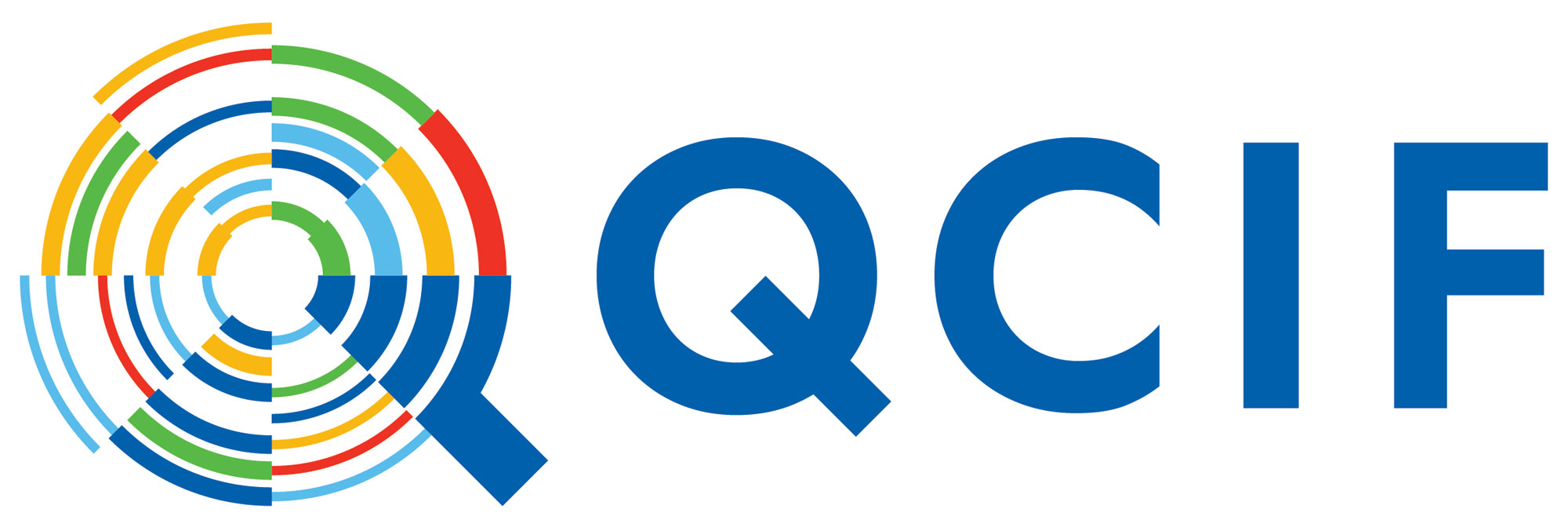Software platforms are online services that make it easier for researchers to access the data, tools and compute they need to get their jobs done.
Most software platforms aim to meet the needs of a specific research community.
QCIF is involved in the following software platforms:
